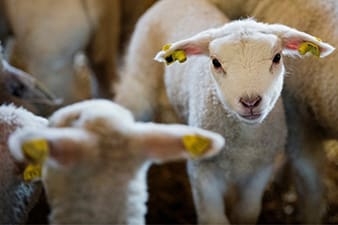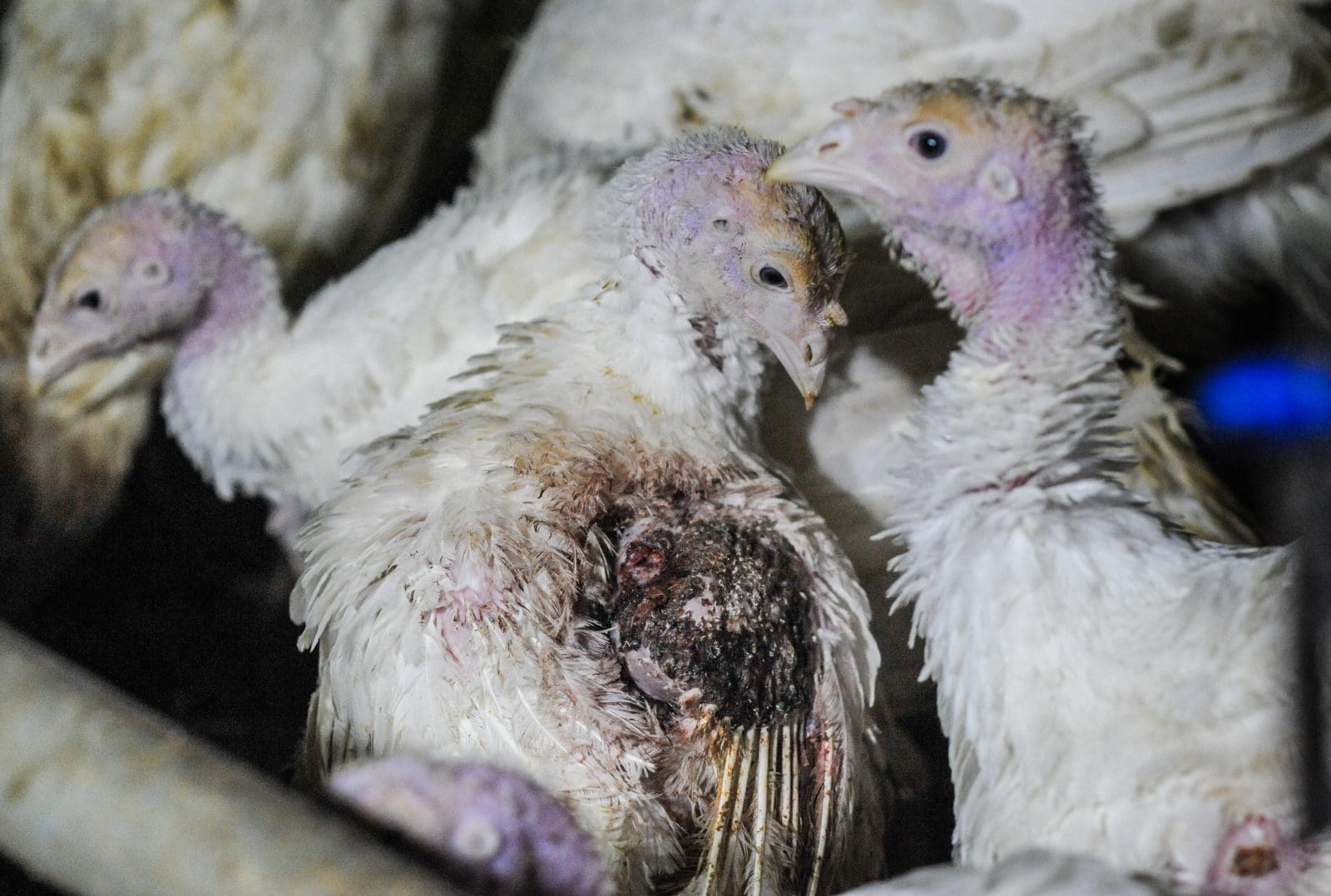Sustainable Eating focuses on creating a food system that supports long-term ecological balance, animal welfare, and human well-being. At its core, it encourages reducing dependence on animal-based products and embracing plant-based diets that require fewer natural resources and generate less environmental harm.
This category examines how the food on our plates connects to broader global issues such as climate change, land degradation, water scarcity, and social inequality. It highlights the unsustainable toll that factory farming and industrial food production take on the planet—while showcasing how plant-based choices offer a practical, impactful alternative.
Beyond environmental benefits, Sustainable Eating also addresses issues of food equity and global food security. It examines how shifting dietary patterns can help feed a growing population more efficiently, reduce hunger, and ensure fairer access to nutritious food across diverse communities.
By aligning everyday food choices with sustainability principles, this category empowers people to eat in a way that protects the planet, respects life, and supports future generations.
Growing awareness of animal welfare issues is transforming food choices worldwide, driving a notable shift towards plant-based diets. As concerns about the ethical treatment of animals in factory farming grow, more consumers are opting for alternatives that align with their values while addressing environmental and health priorities. This article delves into how these concerns shape dietary habits, evaluates the sustainability and feasibility of plant-based eating, and highlights its role in fostering a kinder, more sustainable food system. By examining this connection between ethics, nutrition, and environmental impact, we explore meaningful steps toward a healthier future for people and animals alike


















































